June 27, 2025 | Chengdu—School of Economics and Management (SEM) hosted a high-level academic workshop titled “Digital Capital and Export Performance” featuring distinguished guest speaker Professor He Xinming from Durham University Business School. Professor He also serves as an Associate Editor for Journal of Business Research (JBR).
The event, chaired by Professor Ma Feng, Associate Dean of SEM, brought together over ten SEM faculty members and graduate students, creating a dynamic platform for scholarly exchange. In his welcoming remarks, Professor Ma introduced Professor He’s academic background and research contributions, expressing appreciation for his visit and insights.
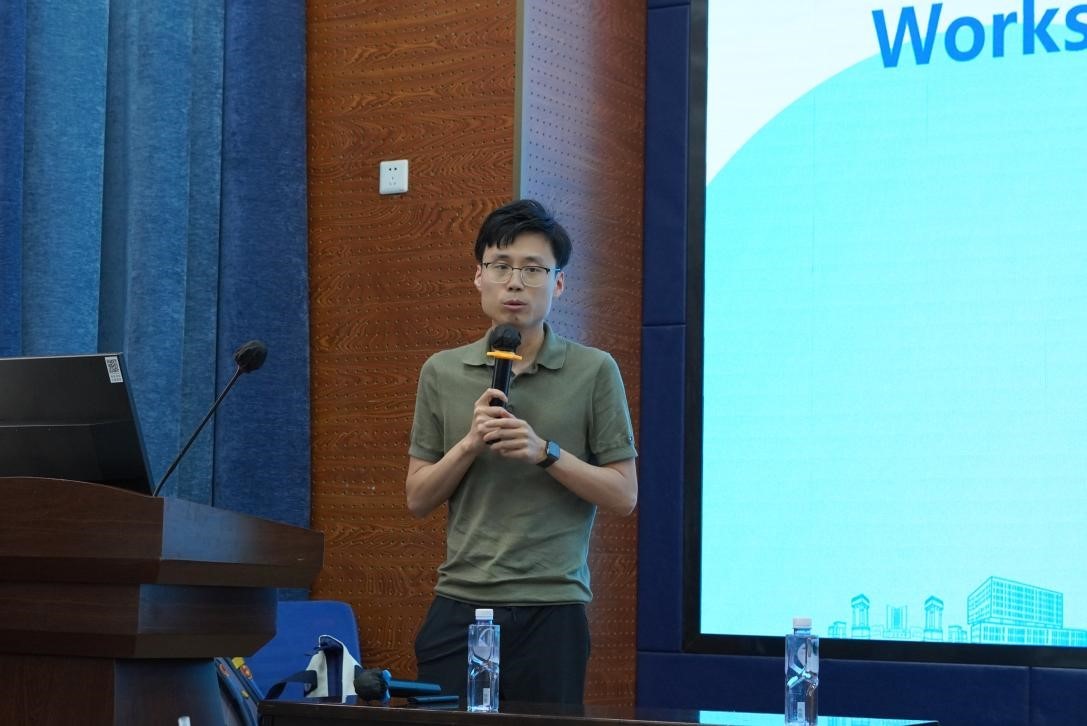
Professor He began the workshop with a comprehensive lecture on academic publishing, framing manuscript preparation as a strategic “marketing activity.” He emphasized aligning research output—the “product”—with the expectations of target journals (“users”) and their readership (“market”). Drawing on his editorial experience, he offered practical guidance on selecting appropriate journals, tailoring submissions to specific publication standards, managing revision timelines, and strengthening theoretical contributions, methodological rigor, and linguistic clarity. His advice during the Q&A session was particularly valued by early-career researchers preparing for international publication.
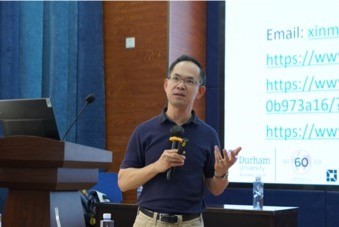
He then presented his latest research, “The Impact of Digital Capital on Firm Exports,” which explores the dual role of digitalization in international business. While digital transformation is widely seen as beneficial, Professor He’s work reveals that digital capital—such as IT infrastructure and online resources—can hinder export performance due to integration costs, organizational inertia, and operational burdens. Grounded in the Resource-Based View (RBV) and Resource Orchestration Theory, the study identifies digital orientation and institutional distance as key moderating factors, highlighting the “double-edged sword” nature of digital strategies. In the Q&A session, He engaged in a detailed discussion with faculty and students on topics like the measurement of digital capital and the moderating mechanism of institutional distance.
Following He’s presentation, Dr. Huang Yuanyuan and Dr. Wang Yong delivered research presentations. Dr. Huang looked into the challenges faced by Chinese private enterprises investing along the Belt and Road Initiative, proposing a conceptual framework centered on the tension between “institutional support” and “institutional escape”. Using a case study of a Hubei-based cement company that experienced losses in Africa, illustrated how home-country policy incentives may drive outward investment, while weak host-country institutions increase risk exposure. Her analysis further considered the moderating roles of domestic market reforms and competitive intensity.
The session also featured presentations from Associate Professor Huang Yuanyuan and Assistant Professor Wang Yong of SEM’s Department of Marketing. The workshop, moderated by Professor Ma Feng, Associate Dean of SEM, drew an engaged group of SEM's faculty, fostering a vibrant academic atmosphere.
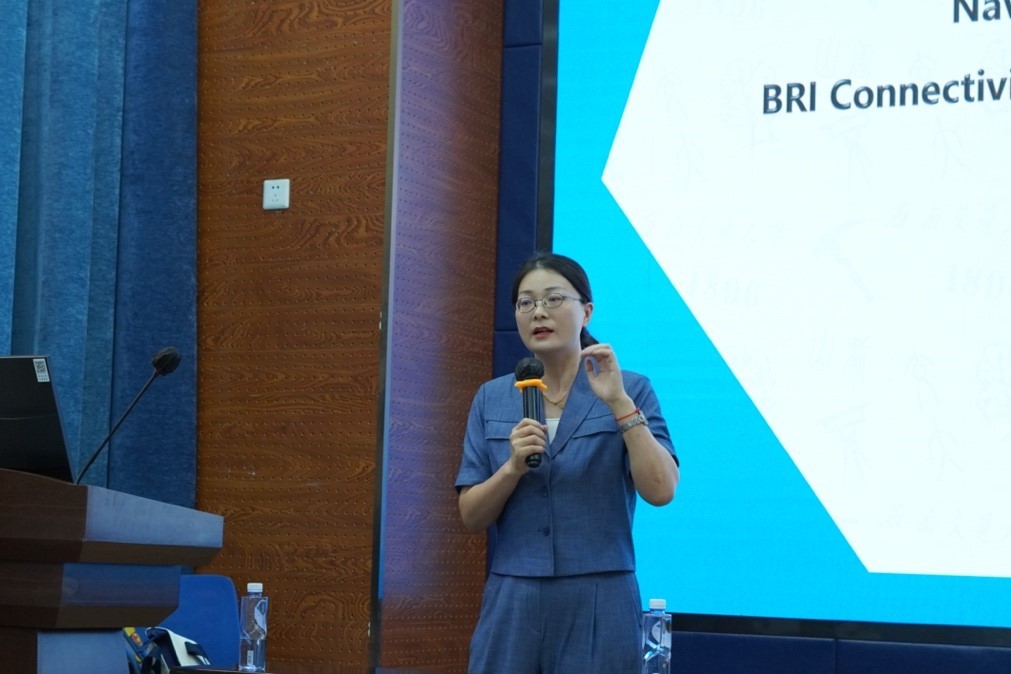
Dr. Wang explored how digital transformation reshapes corporate imitation behaviors. Moving beyond traditional models that overlook firm agency, his research demonstrates how digitalization enhances information access, alters decision-making criteria, and intensifies attentional focus. By integrating organizational inertia and industry competition theories, he advances a novel framework for understanding imitation dynamics in the digital era.
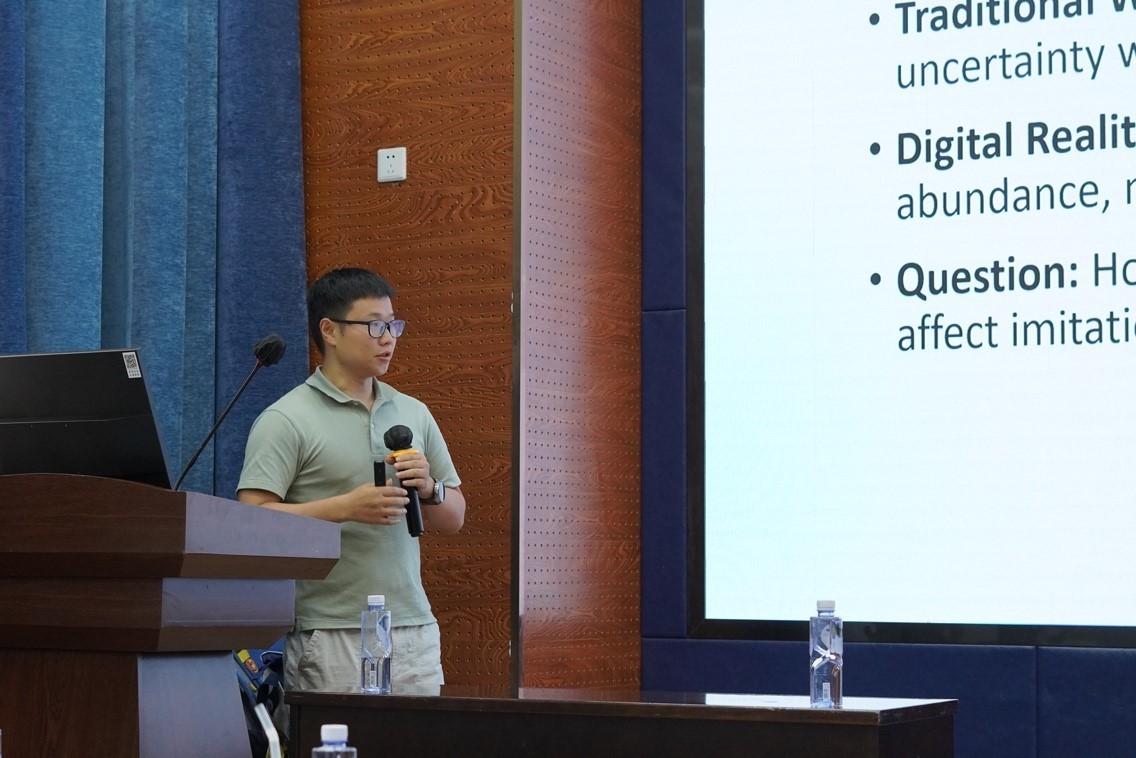
Professor He provided constructive feedback on both presentations. Regarding Huang’s research, he encouraged deeper elaboration on the interplay between institutional support and escape mechanisms. For Dr. Wang’s study, he praised its innovation but suggested greater emphasis on its contribution to core International Business (IB) theory, especially when targeting top-tier journals.
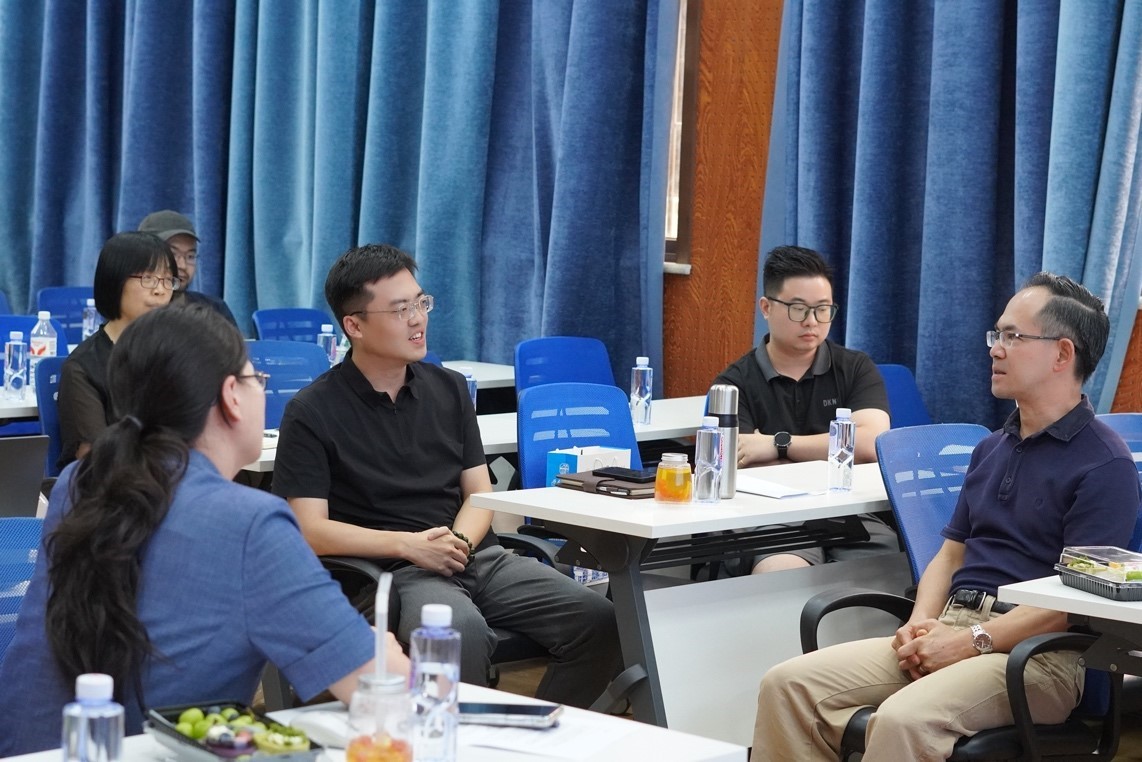
The workshop concluded with lively discussions on digital strategy measurement, cross-border institutional complexity, and pathways to high-impact publication. Attendees praised the depth and relevance of the dialogue, underscoring SEM’s ongoing commitment to fostering international academic collaboration and advancing frontier research.
SEM continues to build world-class platforms for intellectual exchange, supporting faculty and students in addressing pressing global economic and management challenges.

